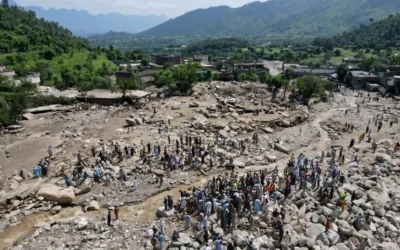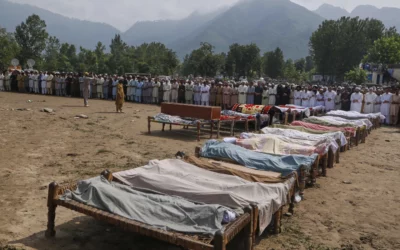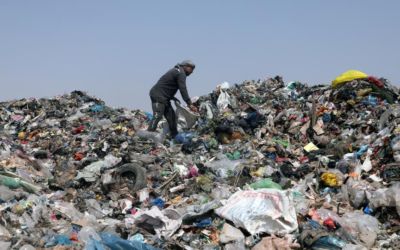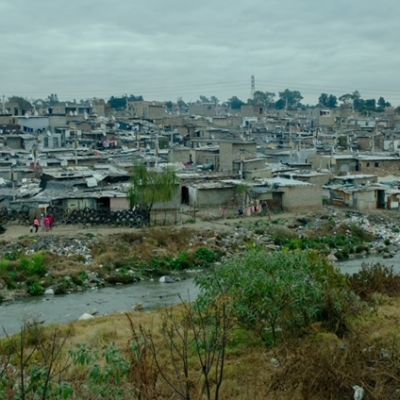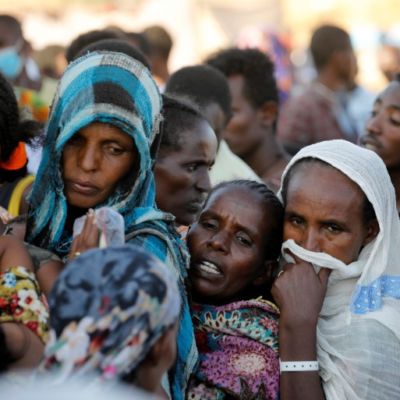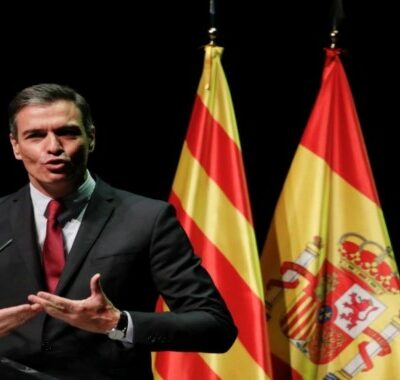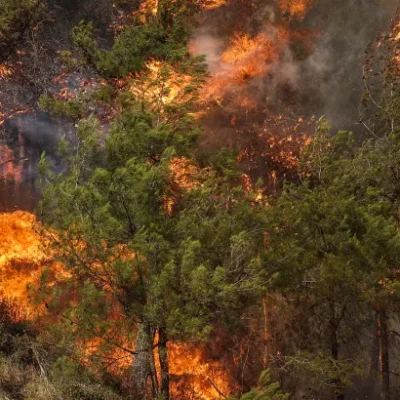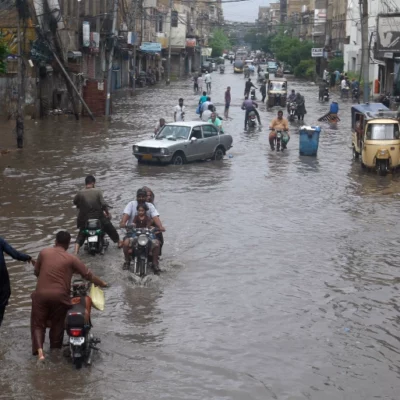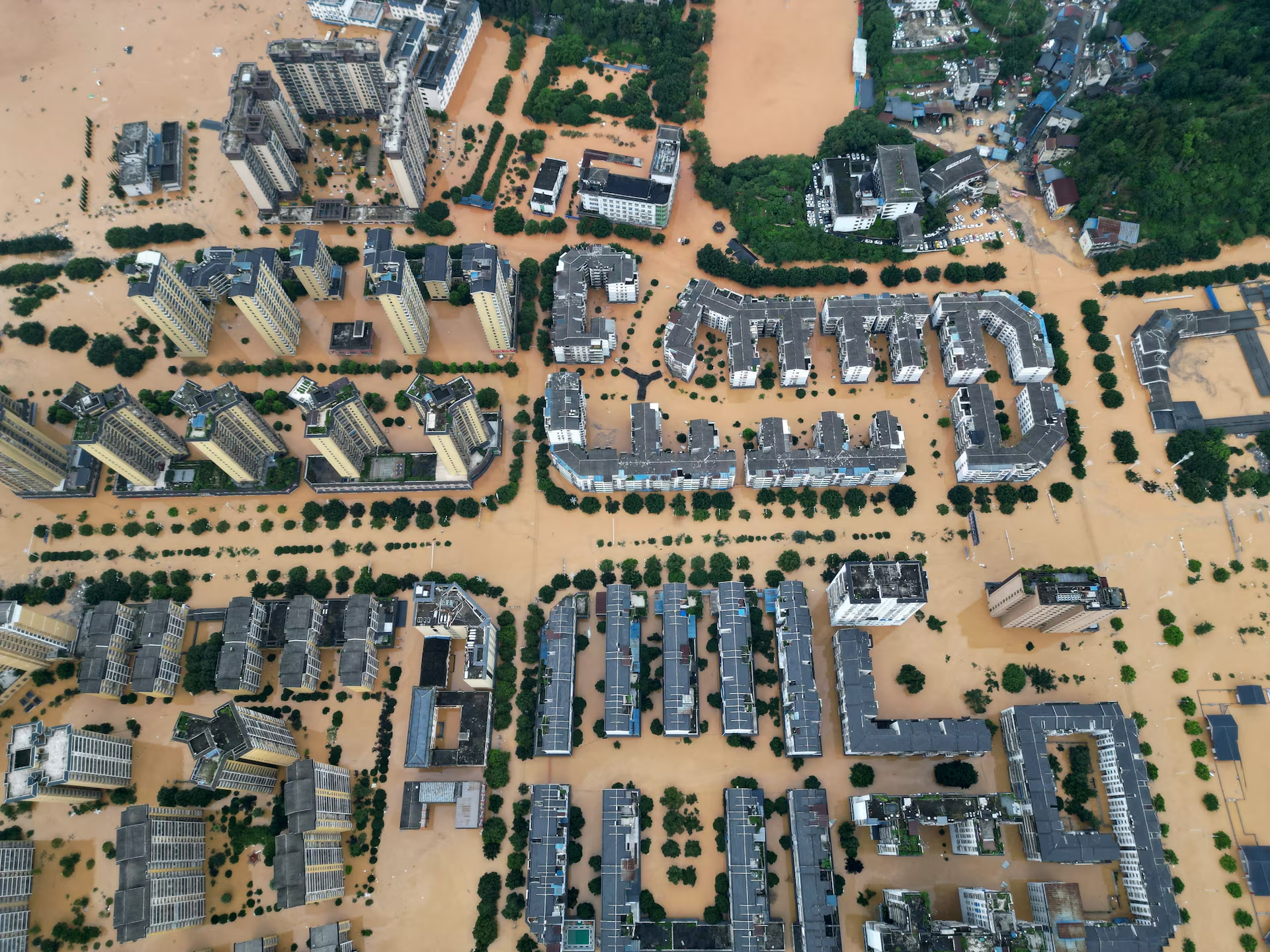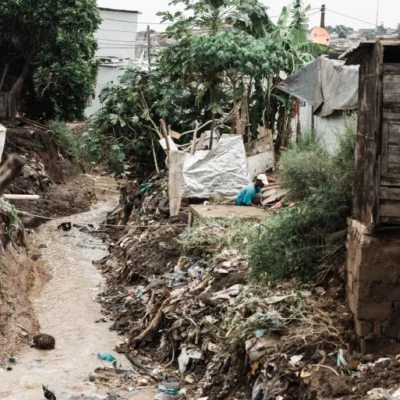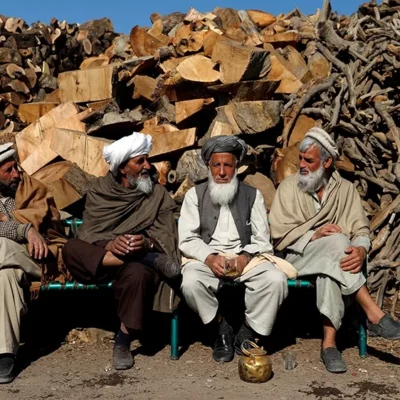A Global Call for Action Against Plastic Pollution to Protect Our Planet and Future Generations
Published on: 27 November, 2024
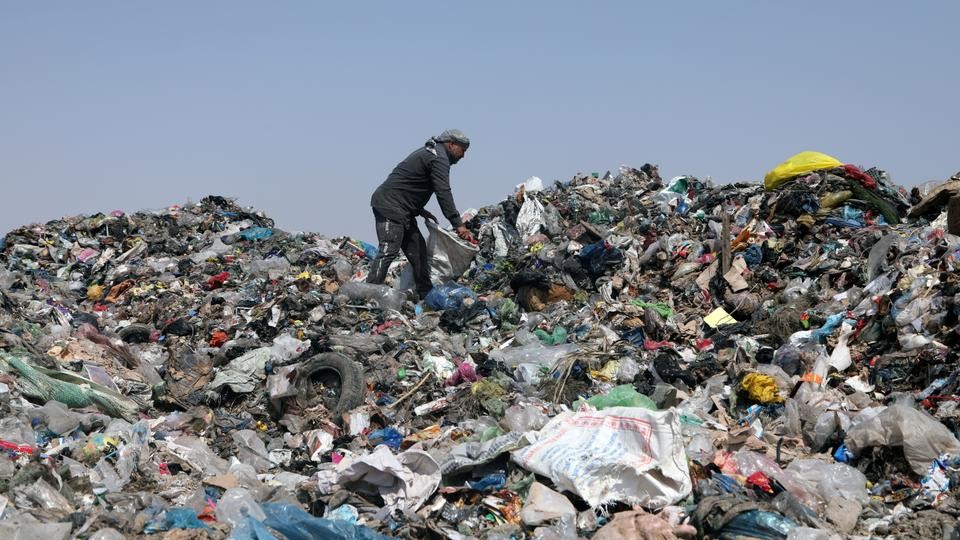
Plastic waste has become so widespread that it is found in even the most unexpected places/Al Jazeera.
Busan: (Day 3) The fifth and final round of negotiations for the Intergovernmental Negotiating Committee (INC) on Plastic Pollution is taking place in Busan, South Korea.
The goal of these talks is to establish a global, legally binding treaty that addresses the escalating problem of plastic pollution, particularly its harmful effects on marine environments.
Plastic waste has become so widespread that it is found in even the most unexpected places, from the highest clouds in the atmosphere to the deepest ocean trenches, and it has even been detected in human breast milk, underscoring its omnipresence.
- Most Viewed
- Most Popular


